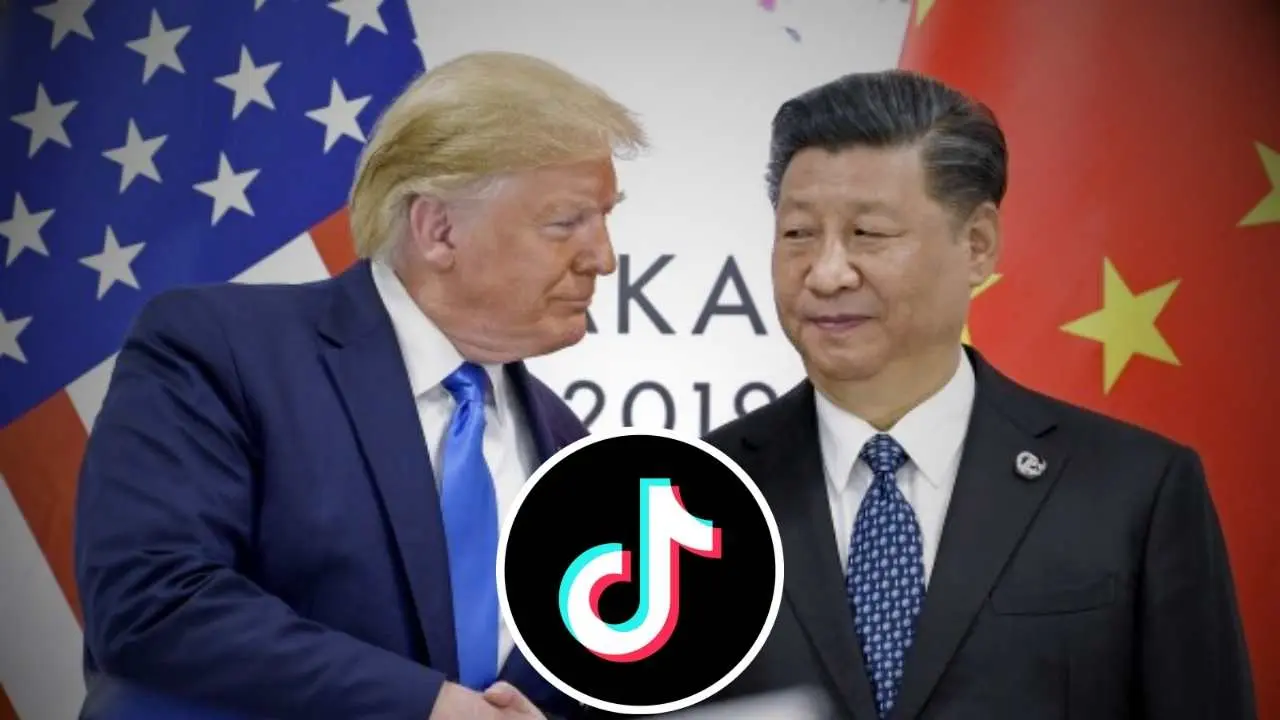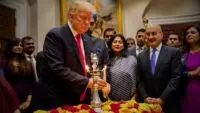Washington: President Donald Trump and Chinese President Xi Jinping appear to have made significant progress toward a deal that would allow TikTok to continue operating in the United States, easing fears of an outright ban. The development comes after weeks of negotiations and a high-level phone call between the two leaders aimed at breaking the deadlock.
A Lifeline for TikTok
The proposed agreement would see TikTok’s U.S. operations shifted under majority ownership by American investors, while its parent company, ByteDance, would retain a minority stake. Key U.S. firms including Oracle and major private equity investors are expected to take leading roles. Under the deal, all American user data would be stored domestically and overseen by U.S. authorities, a step aimed at addressing long-standing national security concerns.
The Trump administration has extended the deadline for TikTok’s divestiture until December, giving negotiators more time to iron out the details and avoid disrupting the app’s massive American user base, which currently stands at around 170 million.
The Sticking Points
While progress has been made, the most sensitive issue remains TikTok’s proprietary recommendation algorithm. This technology, often credited for the app’s global success, is considered too valuable by ByteDance to be handed over fully. U.S. officials, however, insist that without adequate control over the algorithm, security concerns will persist. How this is resolved will determine the viability of the final deal.
Another challenge lies in gaining approval from Congress and regulatory agencies. The law mandating TikTok’s divestiture was passed with bipartisan support, and lawmakers are unlikely to accept a deal that appears to leave too much influence in the hands of ByteDance or, indirectly, the Chinese government.
Why It Matters Globally
TikTok’s fate is not just a question of entertainment or social media culture. For the U.S., the deal could serve as a model for how to manage foreign-owned digital platforms in an era of rising geopolitical tensions. For China, it offers a way to preserve its stake in one of its most successful global tech companies while easing diplomatic friction with Washington.
For Trump, securing a deal allows him to claim victory on both national security and youth engagement, as TikTok remains a dominant force among younger Americans. For Xi, it ensures China avoids the embarrassment of losing one of its top tech exports in a major global market.
Looking Ahead
Trump and Xi are expected to meet again later this year, with the TikTok deal likely to top the agenda. If finalized, the agreement will set a precedent for the future of cross-border tech ownership, reshaping how governments worldwide approach the intersection of digital innovation, security, and global politics.









